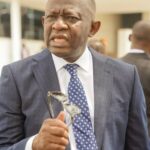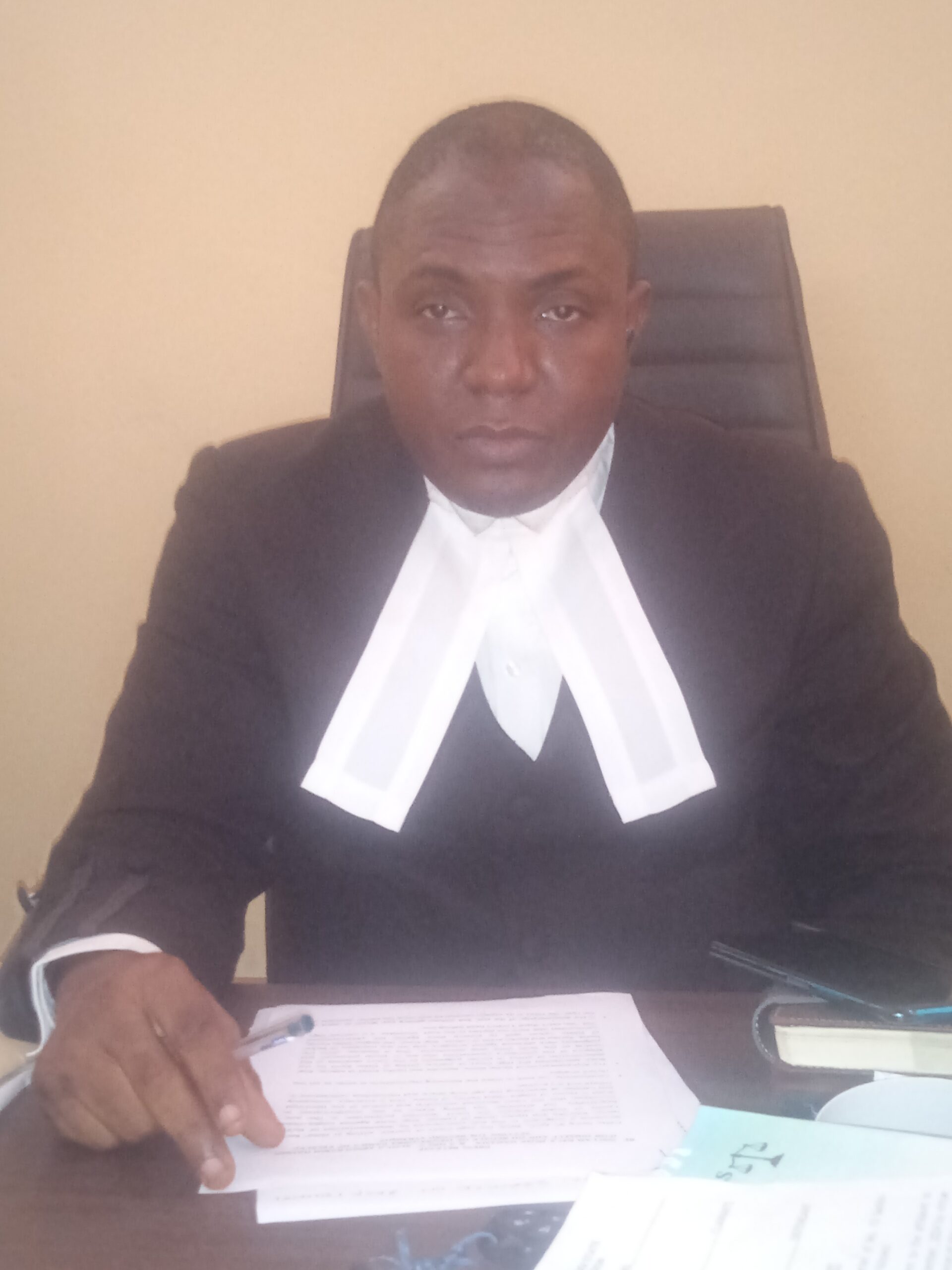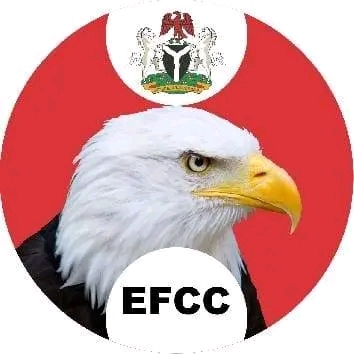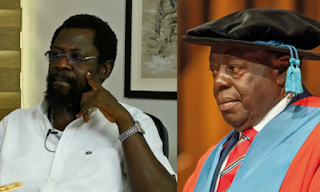
The Independent National Electoral Commission (INEC) has told the Presidential Election Petitions Court sitting in Abuja that it was unaware of the over 20-year old United States District Court judgment which ordered President Bola Tinubu to forfeit $460,000 suspected to be proceeds of narcotics trade.
According to INEC, the case was not brought to its attention prior to the 2023 presidential election.
This was contained in its final written address filed by its lead counsel, A.B. Mahmoud SAN, against the petition filed by the presidential candidate of the Labour party, Mr Peter Obi.
In one of the grounds of Obi’s petition which seeks the removal of President Tinubu, his legal team led by Dr Livy Uzoukwu SAN stated that Tinubu was at the time of the election not qualified to contest for election to the office of President as he was fined the sum of $460,000.00 (Four-Hundred and Sixty Thousand United States Dollars) for an offence involving dishonesty, namely narcotics trafficking, imposed by the United
States District Court, Northern District of Illinois, Eastern Division, in Case No: 93C 4483 titled “UNITED STATES OF AMERICA, v. Plaintiff FUNDS IN ACCOUNT 263226700 HELD BY FIRST HERITAGE BANK, IN THE NAME OF BOLA TINUBU.”
They had urged the PEPC to disqualify Tinubu on that ground, among other prayers.
But in its final written address obtained by THE WHISTLER, INEC’s lead counsel, Mahmoud, maintained that the said forfeiture order was not brought to the attention of the Commission (especially by the petitioners) prior to the election.
“On the alleged imposition of fine on the 2nd Respondent(TInubu) by the United States District Court in Case No: 93C 4483, the case of the 1st Respondent(INEC) is simply that same was not brought to its attention,” he stated.
However, he told the PEPC that the 1999 Constitution provides that the fine that disqualifies one from running for president must be associated with a court sentence.
“However, Section 137 (1) (d) of the Constitution, which provides for the sentence of fine as a disqualifying factor in
respect of a Presidential Candidate, states as follows;
“(1) A person shall not be qualified for election to the office of President
if- (d.) he is under a sentence of death imposed by any competent court of law or tribunal in Nigeria or a sentence of imprisonment or fine for any offence involving dishonesty or fraud (by whatever name called) or for any other offence, imposed on him by any court or tribunal or substituted by a competent authority for any other sentence imposed on him by such a court or tribunal;” he added.
Mahmoud argued that in the 1999 constitution, the prescription of “fine” as a disqualifying factor for a Presidential candidate is hinged on a “sentence.”
He contended that in line with testimonies of a number of witnesses at the proceedings, the US case was a “civil forfeiture proceedings” and there was no charge or conviction.
“Thus, the Petitioners failed to prove this allegation and we urge the court to so hold.
“We urge the court to resolve this issue in favour of the 1st Respondent and hold
that the 2nd (Tinubu)and 3rd Respondents(Kashim Shettima) were qualified,” he stated.
The learned silk urged the PEPC to also agree with the submissions of the lawyers representing Tinubu, Kashim Shettima and All Progressives Congress, regarding the matter.
They maintained that the US judgment was not a criminal conviction.
“On the issue of the order of forfeiture by the United States District Court, they(Tinubu, APC) contend that there was no criminal charge, sentence or conviction to support the allegation of criminal conviction or forfeiture. They further contended that the alleged order of forfeiture being that of a foreign court is not registered in Nigeria to be enforceable and is in fact now over 20 years since the alleged order was made.”











